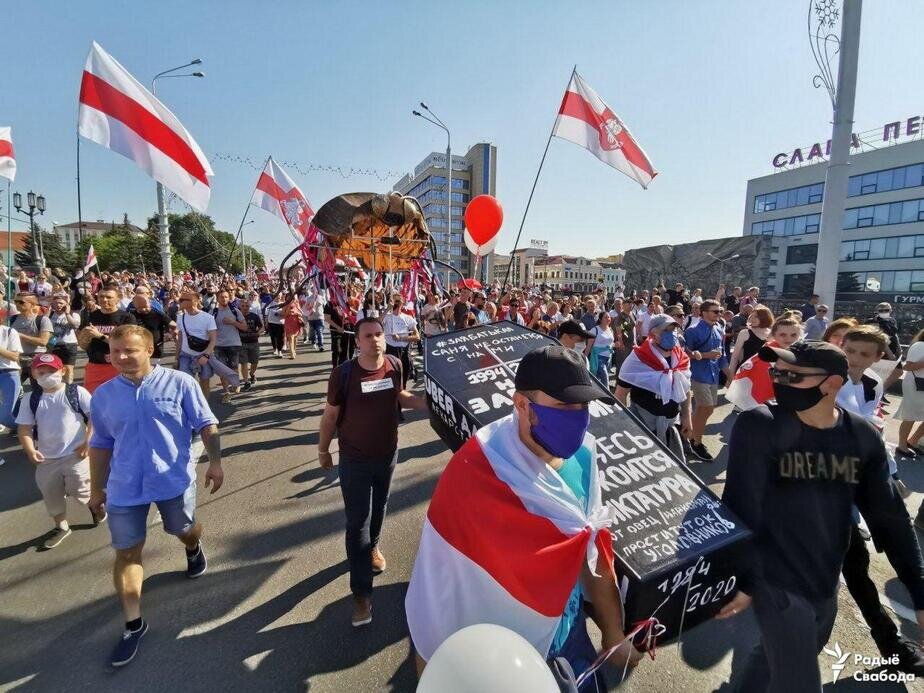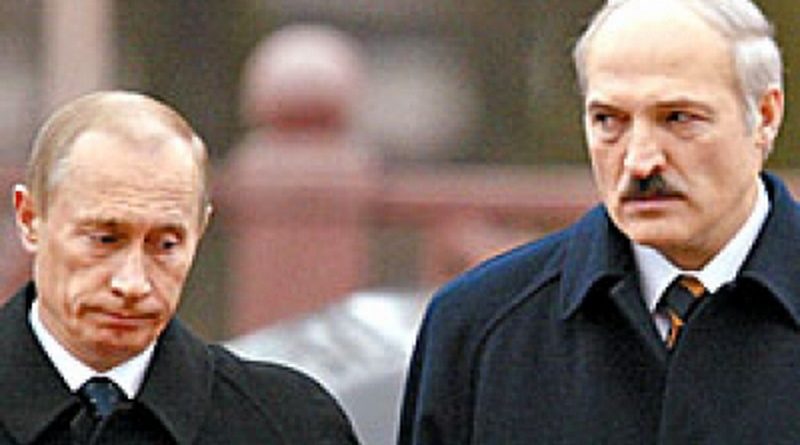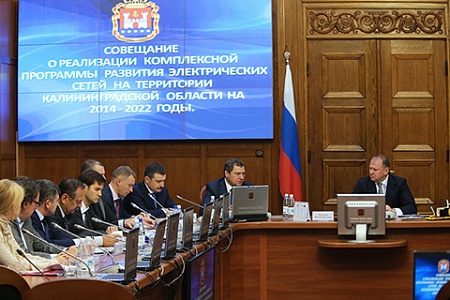Russia is not pursuing an “Anschluss” with Belarus. Rather, it aims to curtail Belarus’s external and internal sovereignty in the foreign policy, military, economic, and domestic institutional realms, stopping short of a political union of Russia and Belarus.
The outcome would not amount to incorporation or absorption, but rather a satellization of Belarus by Russia. It would largely negate Belarus’s sovereignty, which the authoritarian President Alyaksandr Lukashenka successfully protected vis-à-vis Russia while extracting economic subsidies from it for the last two decades.
[boxright]
[/boxright]
The current political crisis in Belarus grew out of Moscow’s decision in 2019 to renege on what may be termed the “grand bargain” between the Kremlin and Lukashenka—the system of economic and political arrangements that had for 20 years operated in favor of Belarus (see below).
The Kremlin slashed economic subsidies in 2019, turned up the pressure on Minsk for “deep integration” with Russia (without guaranteeing to restore energy-sector subsidies), and used Belarus’s 2020 presidential election as an opportunity to destabilize and ease out the insubordinate Lukashenka from power. The post-election dynamics, however, have developed beyond the control of any of the sides involved: Moscow, its local political projects, Lukashenka and his loyalist constituency, or the spontaneously forming protest groups in this fluid situation (see EDM, September 10, 15, 16, 23, 28, 30, October 1, 6, 7, 8, 14).
The remaining certainties are Moscow’s, at the strategic level:
- first, its unilateral termination of the 20-year grand bargain with Lukashenka;
- and second, Moscow’s regime-change agenda against Lukashenka, as a means toward the goal of Russia’s satellization of Belarus.
The grand bargain
That long-lasting, now-defunct bargain involved a complex system of economic, political, and military arrangements, with tradeoffs between these domains.
Belarus was the only country in the European Union’s eastern neighborhood that explicitly renounced the goal of integrating with the West. Conversely, Belarus became the only former Soviet republic to create a “union state” with Russia, albeit largely on paper only.
While Lukashenka staunchly resisted turning the “union state” from paper into reality, Belarus became committed to a bilateral military alliance with Russia, as well as membership in the Moscow-led Collective Security Treaty Organization (CSTO) and Eurasia Economic Union (EEU) blocs, inherently precluding a Western orientation for Belarus.
The latter’s policies in the spheres of cultural identity and historical memory were also reassuring to Moscow.
In return for such geopolitical loyalty, Belarus received massive Russian economic subsidies on an annual basis over two decades.
Those arrangements also helped Belarus to sustain—again as a lone exception—its model of a redistributive social state. Its Soviet industrial legacy enabled Belarus, ironically, to reverse the classical metropolis-periphery relationship in Belarus’s favor. Russia supplied raw materials and fuel to Belarus while the latter exported industrial goods to Russia.
[boxright]
The trap of Belarusian economy: between Russian dependence and global uncompetitiveness
[/boxright]
Reassured of Belarus’s strategic-geopolitical loyalty, internal political stability, and overall predictability, Russia accepted Belarus’s pursuit of multi-vector foreign policies (as distinct from the European orientation of the EU’s other eastern neighbors).
Moreover (and related to multi-vectoralism), Lukashenka’s Belarus never accepted the stationing of Russian combat forces on Belarusian territory; Russian combat troops entered Belarus only for periodic military exercises, preeminently the quadrennial Zapad series.
The West’s ideologically driven ostracism of Belarus also, if indirectly, reassured Russia that Belarus would not go West and would not become contested ground.
President Lukashenka gave Moscow little choice in this matter as he did not allow it to establish bridgeheads or footholds within Belarus’s governmental apparatus, nor to bend Minsk’s decisions to Russia’s interests. Belarus’s own authoritarian system of the presidential vertical minimized the scope for Russian penetration or influence.
Moreover, Lukashenka monopolized the role of interlocutor with Russia and used that role effectively to protect Belarus’s sovereignty. But he would not have been able to achieve this without the backing of Belarus’s governing class, which coalesced around Lukashenka.
Termination of the bargain
[boxright]
From ambassadors to sports heroes – Belarusian protests encompass all social groups
[/boxright]
That, in brief, was the status quo that Moscow undertook to change in its favor after 2014 by negotiation and, failing this, in 2019–2020, by unilateral termination and a regime-change project.
Two turning points can be identified on the road to the present crisis.
- In 2014–2015, Lukashenka successfully resisted Moscow’s demands for a Russian military base to be established in Belarus.
- In 2019, Lukashenka turned down Moscow’s proposals to advance from the paper project of the “union state” toward real, “deep integration,” based on 31 sectoral road maps, due for approval by December 2019, which would have ended Belarus’s sovereignty in economic affairs first and in political affairs next (see EDM, January 14, 2020; Fpri.org, December 16, 2019).
Given Lukashenka’s power vertical, the nomenklatura’s cohesion and discipline, and the absence of political pluralism or oligarchic centers of influence in Belarus, the Kremlin lacked allies and instruments in Belarus—again a unique case among post-Soviet countries in Europe’s East.
[boxright]
From falsifications to Russia’s role: Nine questions and answers about the protests in Belarus
[/boxright]
The project for post-election destabilization with potential for subsequent regime change (see above) looked somewhat improvised, with three presidential candidacies designed to appeal to specific social segments: Valery Tsapkala could appeal to modern private-sector entrepreneurs (an emerging bourgeois stratum), Viktar Babaryka to the state-sector managerial class, and Siarhei Tsikhanousky to pro-Russia elements from the popular strata.
Ultimately, however, it was not their thwarted presidential candidacies but the officially reported size of Lukashenka’s victory margin and the ensuing, spontaneous protests that destabilized the post-election situation, canceled those three candidates’ utility value for Moscow and compelled the Kremlin to change its plans for Belarus.





